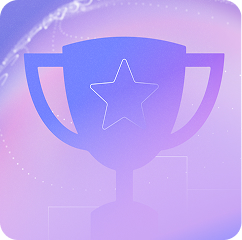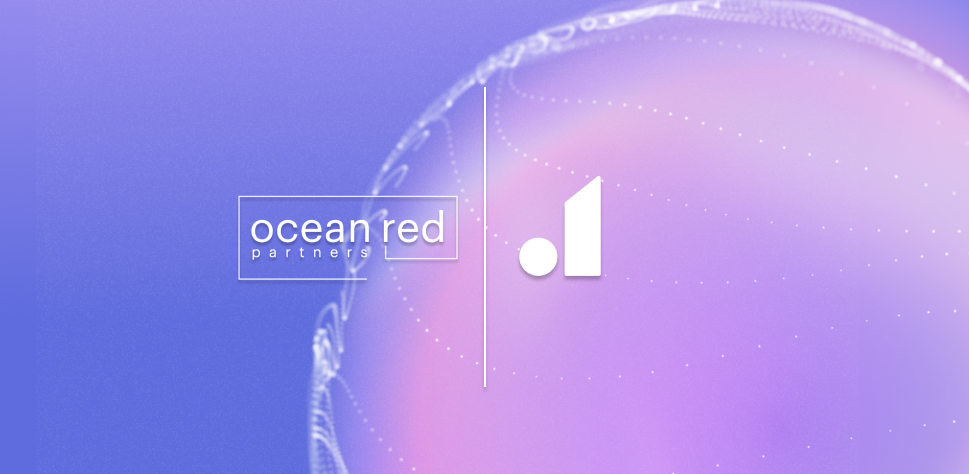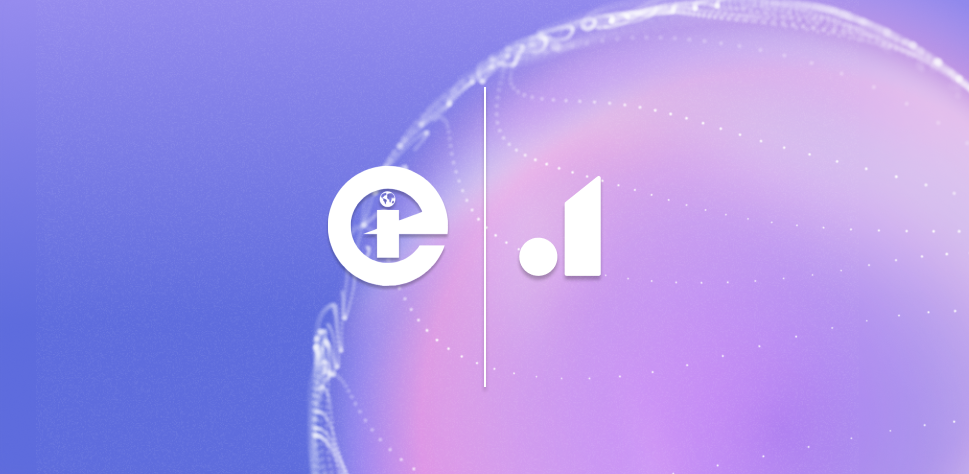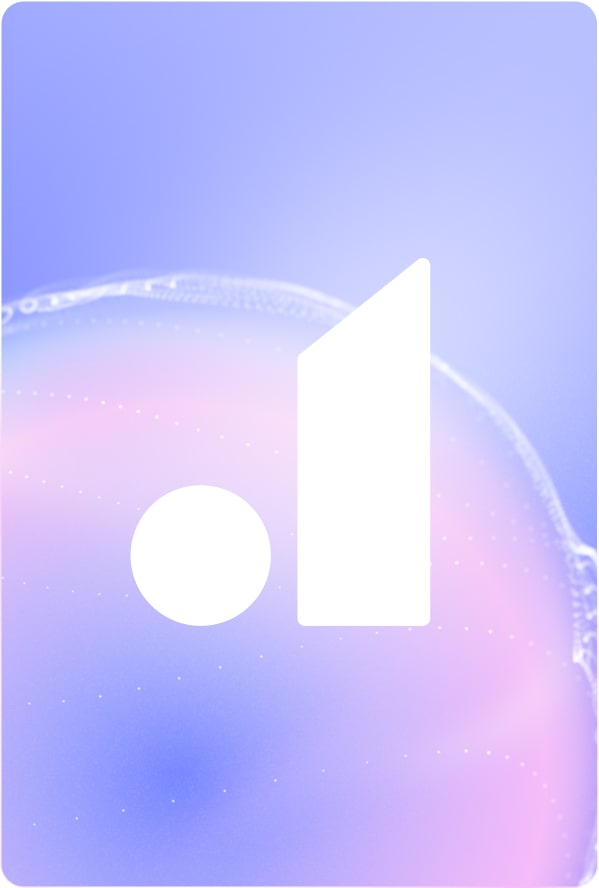How Process Hit 130% of Their Annual Target with Atlas
Built for agency recruiters, Atlas helped Process grow faster, work smarter, and hit 130% of their annual revenue target.
// Location
Manchester, United Kingdom
missed follow-ups
annual target achieved
saved every week





Jamie Bootle
Co-Founder and Director of Process
// Feedback
“Most platforms stay the same for years. Atlas is moving in the direction recruitment is going, which makes it a smart bet.”
15/09/2025
MIN
About Process
Process was built out to provide an accurate, reliable, transparent and ethical search firm for process-oriented industries. Based out of Manchester, they support the Petrochemical & Refining, LNG and Chemical industries globally.
They are guided by their values and focused on delivering successful outcomes to their clients and candidates. Process delivered for all business sizes, from multi-billion dollar global leaders through to single-site operators.
We spoke with Jamie Bootle, Co-Founder and Director of Process, about how the team built their recruitment business around Atlas from day one and how that decision helped them hit 130% of their annual target.
Listen to our full interview below and keep reading for a deeper dive!
Outgrowing the Old: What Didn’t Work About Traditional CRMs
Before launching Process, Jamie Bootle and his co-founder had years of experience using Vincere. While it technically covered the basics, they found themselves working around it rather than within it, relying on bolt-ons and manual processes. It didn’t act as the operational hub they needed, and they didn’t want to bring that inefficiency into their new venture.
With Process, they had the rare opportunity to start fresh. They were looking for something future-ready: a CRM built to centralise knowledge, streamline communication, and support the way modern agency recruiters actually work. “Most founders start with spreadsheets and docs. We wanted to get the tech right from day one, and that meant leaving legacy systems behind.”
Starting Strong: Why Atlas Was the First Choice
As Jamie explained, the timing of discovering Atlas couldn’t have been better. Just as he was winding down his previous role and preparing to launch Process, he came across Atlas through a conversation with its founder, Jordan.
Even though the product was still in its early stages, it made a strong impression. Jamie was drawn to how intuitive it felt, how quickly it digested CVs, and how thoughtfully the AI search features were integrated. More importantly, it was clear Atlas had been built from the ground up, not retrofitted, which gave him confidence in its long-term potential.
When it came to onboarding, there was no data migration to worry about. Starting felt effortless. “It was basically like signing up for a LinkedIn account,” Jamie recalled. That ease set the tone for everything that followed.
The fact that it was built for how recruiters actually work today, not adapted from older systems, made a huge difference.
No More Forgotten Follow-Ups: Atlas Keeps You On Track
When asked about his favourite feature in Atlas, Jamie didn’t hesitate: it’s the AI-powered to-do list.
As he explained, the system automatically generates tasks based on what’s said in calls, emails, and meetings, like “I’ll send that over later today” or “Let’s speak next week.” These micro-commitments, so easy to forget in a busy day, are captured and surfaced at just the right moment.
For Jamie, this small feature delivers outsized impact. He starts each morning by checking his task list, knowing nothing’s been missed. It’s one of those tools that quietly transforms daily discipline, especially in a fast-paced agency environment. Since implementing Atlas, Process hasn’t missed a single follow-up, a stat Jamie doesn’t take lightly.
It’s genuinely a game-changer. I use it every day. It’s like having a PA built into my CRM.
Everyone’s on the Same Page, Literally
As Jamie explained, one of the biggest benefits of using Atlas day-to-day is how it keeps everything, calls, emails, and notes, stored and searchable in one place. This has been crucial not just for staying organised, but for seamless collaboration between him and his co-founder.
Whether one of them is out of the office or simply picking up a thread the other started, there’s no friction. The context is all there. No backtracking, no repeat questions, no awkward “I already told your colleague” moments with clients or candidates.
It’s a small operational change that’s had a big effect on how they work together and how they come across externally.
Coming into conversations informed makes a huge difference. It shows credibility, and clients notice.
Multi-Channel Sequences Without the Chaos
Jamie pointed out that recruitment today is about meeting candidates where they are, whether that’s email, LinkedIn, or phone. With Atlas, he and his team can build multi-channel sequences tied to specific roles or projects, all from one place.
For Process, this means better engagement with a finite, high-value talent pool. More importantly, the platform helps ensure that outreach remains focused and relationship-led. As Jamie put it, Atlas isn’t built to spam: it’s built to connect.
Combined with detailed records of past interactions, this approach makes every touchpoint more relevant and credible, while keeping the operational load minimal.
Atlas isn’t a spam cannon. It’s designed for thoughtful, relationship-led outreach and that’s what cuts through.
Real Support from Real People
As Jamie pointed out, one of the biggest issues with recruitment platforms is low feature utilisation. You might pay for a lot of features, but only end up using a few, usually because the rest are too complex or poorly explained.
With other platforms, we’d maybe use 4 out of 10 features. With Atlas, we actually use it and keep using it.
Atlas stands out by offering fast, human support and accessible learning resources that make it easy to get more value from the platform. “You speak to real people. And you don’t have to pay extra to do that.” For Process, this has made a major difference in how fully the team has adopted the system.
Even Jamie’s co-founder, who’s the first to admit he’s not the most tech-forward, quickly saw the value and got on board. That kind of frictionless adoption is rare, and a key reason why Atlas has become such a central part of their workflow.
High Leverage, Low Admin: The Atlas Effect
While it’s still early days for Process, the numbers are already telling a strong story. As Jamie shared, they closed their first year 130% to target, a result he credits in part to the operational clarity and time savings Atlas provides.
On a typical day, Atlas saves him one to two hours by capturing follow-ups, managing outreach, and keeping tasks and notes organised without manual effort. That adds up to around five hours a week, time that can be reinvested in business development, client delivery, or strategic growth.
And perhaps most importantly, Atlas removes the friction that so often slows recruiters down. “It definitely saves time,” Jamie explained. “But more than that, it lets us focus on the work that actually moves the needle.”
In every other job, updating the CRM was a chore. With Atlas, it’s something I actually want to do because it helps me do better.
Built for What’s Next in Recruitment
Jamie’s experience with recruitment platforms has shown him how slowly most tools evolve. That hasn’t been the case with Atlas.
In the year since they adopted it, the platform has seen consistent updates, not just cosmetic tweaks, but meaningful improvements that make day-to-day work more efficient. He’s seen new features roll out, followed by learning resources and support that make them usable, not overwhelming.
Atlas has developed more in 12 months than other CRMs have in four years. It’s constantly improving in ways that matter.
For Jamie, that steady progress is a key reason why Atlas feels like a long-term solution. It’s built with the future of agency recruitment in mind, and it’s supported in a way that encourages adoption. That confidence has led him to do something he’s never done before: recommend a CRM to someone else.







